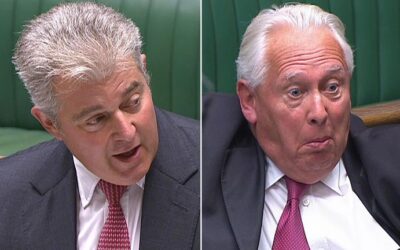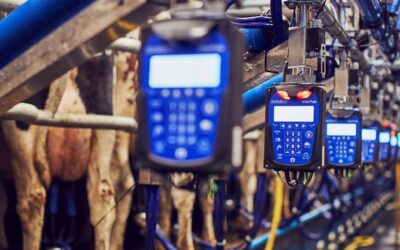A care home operator which imposed its own cornavirus lockdown ahead of the national restrictions in the spring, has been explaining to Sky News why it has reimposed the measures.
The Berkley Care Group, a firm that markets itself as being at the more luxurious end of the industry, attracted national attention when it refused government pressure to take residents from hospital care, as the COVID-19 crisis gathered speed, on lack of testing grounds.
It closed its homes to outside visitors three weeks before the UK lockdown in March in order to protect residents and staff alike as coronavirus cases and death rates surged across large parts of the UK.
Care home operator explains lockdown decision
The grim statistics covering the path of the crisis suggest it was the right decision.
A report by MPs concluded care homes were “thrown to the wolves” before the pandemic’s peak.
Advertisement
It described the Department of Health and Social Care (DHSC) decision to discharge 25,000 hospital patients into care homes without ensuring they’d been tested for the virus as an example of the government’s “slow, inconsistent and at times negligent” approach to social care.
Care homes were ‘thrown to the wolves’
A recent study found more than 400 people were dying in care homes on a daily basis during April.
More from Covid-19
Berkley, which has seven homes containing 330 residents, said it would now only allow in staff and the families of residents on end of life care because it was concerned by rising infection rates in the outside community.
It said: “We locked down against CQC (Care Quality Commission) advice at the beginning of March and are so relieved we took that decision in hindsight.
Tests in care homes delayed until September
“We intend to move right now. If we are proven wrong, so be it, but we fear a second wave and intend to do everything possible to protect our extremely precious residents.”
Chief executive Andrew Winstanley told Ian King Live its restrictions were under constant review and would be adjusted based on evidence.
He said the tipping point for the lockdown had been the government’s decision to limit gatherings to a maximum of six in England from Monday.
“What we’re seeing in terms of infection rate trends, it’s only going one way… it’s a much easier call to make this time round”, he said.
Mr Winstanley said the benefit of experience and establishment of improved PPE supply chains and testing procedures meant the company was better placed to cope with any second wave.
“We’ve been preparing for this for the past few months. We’ve got safe visiting lodges in place now across all of the homes and that was fundamental to any lockdown decision we wanted to make.”





